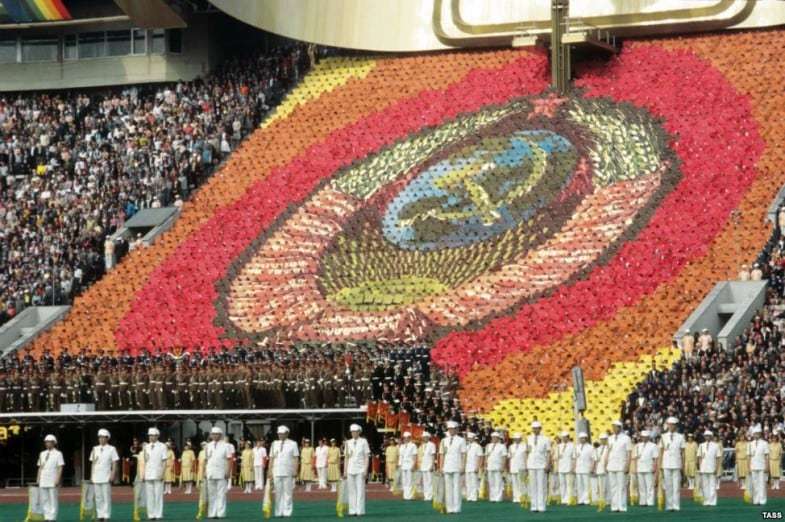The Volokh Conspiracy
Mostly law professors | Sometimes contrarian | Often libertarian | Always independent
The case for sports boycotts

Insights on Law and Society, a journal produced by the American Bar Association, recently published a short article of mine on the case for boycotting international sports events hosted by repressive regimes. It is part of an issue devoted to "International Sports and the Law." Here is an excerpt:
For decades, people of goodwill have debated whether liberal democracies should boycott Olympic Games
and other sports events held under the auspices of repressive governments. Apartheid South Africa was the target of a long-standing sports boycott that denied it the right to even participate in most international sports events, much less host them. Sixty-two nations, including the United States, boycotted the 1980 Summer Olympics in Moscow, in protest of the Soviet invasion of Afghanistan. More recently, human rights activists called for a boycott of the 2014 Winter Olympics, held in Sochi, Russia, in protest of the Russian government's oppression of gays and lesbians….The standard argument against boycotts is the traditional idea that international sports events should be kept free of politics. The problem with this theory is that the Olympics and other similar events are virtually always used as propaganda tools by host governments, as happened with Nazi Germany in 1936, the USSR in 1980, and Vladimir Putin's regime in 2014. For this reason, it is nearly impossible to make them genuinely politically neutral. The only realistic options are either to allow repressive regimes to use the Games to burnish their public image, keep them from hosting in the first place, or forestall their propaganda by means of a boycott that undercuts the Games' public relations benefits for the hosts.
The case for boycotts is particularly strong in cases where the hosts commit human rights violations that are directly connected to preparations for the sports event:
[S]ome [host] governments commmit serious human rights violations in the very process of preparing for the games themselves. For example, China forcibly displaced some one million people in order to prepare facilities for the 2008 Olympics in Beijing. Brazil displaced many thousands in order to build new stadiums for the 2014 World Cup. Even if it is wrong to boycott in protest of "unrelated" human rights violations, the international sports community should not tolerate abuses that are an integral part of the sports event itself.
As I also point out the article, the best solution to this problem is to deny repressive regimes the right to host in the first place by bringing pressure on the International Olympic Committee and other similar bodies. The same goes for governments that plan to build stadium facilities by forcibly displacing large numbers of people. That way, we can avoid avoid painful trade-offs between defending human rights and giving athletes a chance to compete in events many have spent a lifetime preparing for.
UPDATE: I should note that I have become more sympathetic to the case for boycotts since I wrote this somewhat equivocal post about the subject, back in 2013.
To get the Volokh Conspiracy Daily e-mail, please sign up here.

Show Comments (0)